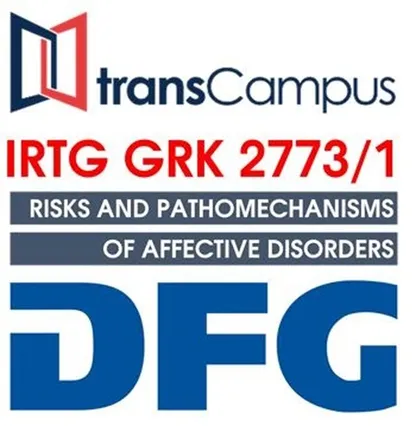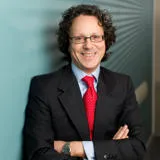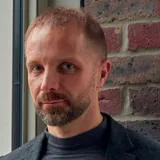International Research Training Group: Risks and Pathomechanisms of Affective Disorders
What is the IRTG?
The International Research Training Group (IRTG) 2773 “Risks and Pathomechanisms of Affective Disorders” is designed as an interdisciplinary collaboration that offers a structured International Graduate Programme for translational research in affective disorders. Affective disorders are common, complex disorders, representing one of the greatest challenges to global health in the 21st century. Advances in diagnostic precision and early targeted interventions of affective disorders may provide an opportunity to address the enormous public health burden and individual suffering associated with these disorders. The IRTG is embedded in the environment of the transCampus®, a unique partnership of two excellent European academic institutions – King’s College London and Technische Universität Dresden. Both institutions are leading centres in both basic research and innovative treatment of affective disorders and have pioneered the translation of results from basic science into clinical application. This expertise will be combined within the overarching aims of the IRTG to promote our key research goals:
1) investigation of risk factors and pathomechanisms of affective disorders to improve prevention, early identification and treatment, and
2) development of the translational approach bringing basic research into clinical application and vice versa. This PhD Programme offers the opportunity to complete a degree within these research areas in constant interaction between London-based and Dresden based research groups.
Course detail
The goal of this programme is to provide a foundation for interdisciplinary neuropsychiatric and translational research and training to elaborate and combine research methods and innovative treatment approaches in affective disorders.Where feasible, enrolled students are given the additional option for a joint PhD award.
Career prospects
Based on an individually tailored advanced training programme consisting of scientific techniques as well as key skills, all students are enabled to pursue both a successful academic career and different career pathways outside academia.
Furthermore, the Transcampus offers an extensive academic partnership with vast networking and career opportunities.
Head of Group: Professor Allan Young
KCL coordinator: Dr Rebecca Strawbridge
Contact for information (Dresden): Bettina Soltmann
If you are interested, please contact us for more information regarding entry requirements, application procedures, fees and funding, etc.










